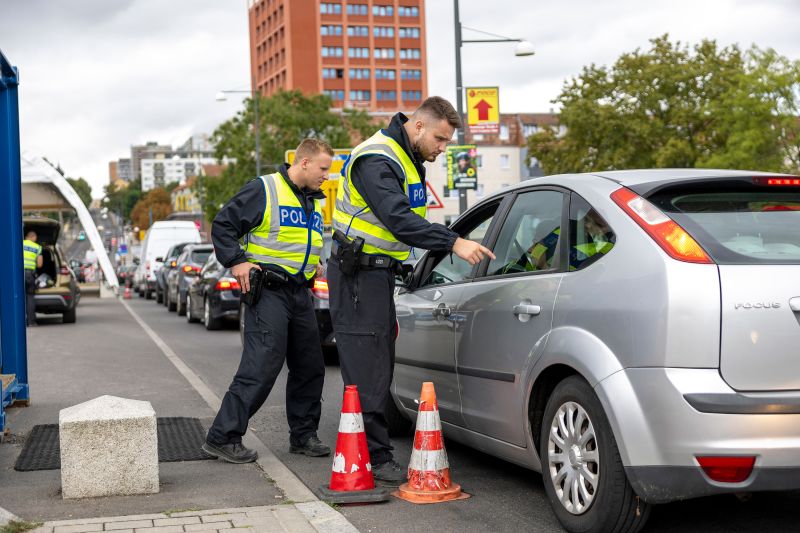
Germany’s Border Tightening Sparks Outrage Among European Neighbors
Germany Angers European Neighbors as it Tightens Migration Along All Land Borders
The decision by Germany to tighten migration control along all its land borders has sparked controversy and drawn criticism from its European neighbors. The move comes amidst growing concerns over the influx of migrants and asylum seekers entering the country, particularly through its southern borders.
Germany’s Interior Minister, Horst Seehofer, announced the decision to tighten controls along all land borders in response to perceived threats to national security and public order. The move has been criticized by several European countries, including Austria, France, and the Netherlands, who argue that Germany’s actions could have far-reaching implications for the European Union’s Schengen area.
The Schengen area, comprising 26 European countries, allows for passport-free travel within its borders. By tightening controls along its land borders, Germany risks undermining the principles of free movement and cooperation that underpin the Schengen agreement. Critics argue that Germany’s unilateral action could set a dangerous precedent and lead to the reintroduction of border checks across Europe.
Austria, in particular, has expressed concerns over Germany’s decision, citing the potential impact on cross-border trade and economic relations. The Austrian Chancellor, Sebastian Kurz, cautioned that the move could disrupt the flow of goods and people between the two countries, harming both economies in the process.
France has also voiced its disapproval of Germany’s actions, with French officials calling for a coordinated and cooperative approach to migration control within the EU. The French government stressed the importance of upholding European values and solidarity in addressing the challenges posed by irregular migration.
The Netherlands, another neighboring country, has raised similar concerns about the implications of Germany’s decision for the Schengen area. Dutch officials have called for dialogue and consultation among EU member states to find common ground on migration policy and border control.
Germany’s tightening of migration controls along its land borders reflects broader concerns within the EU about the management of migration flows and the need for a more cohesive and coordinated approach. As one of the largest and most economically powerful countries in Europe, Germany’s actions carry significant weight and can influence the direction of EU policies on migration and border security.
The tensions surrounding Germany’s decision highlight the complexities and challenges of managing migration in a region characterized by diverse national interests and priorities. Finding a balance between protecting national borders and upholding European values of solidarity and cooperation will be crucial in addressing the migration crisis facing the EU today.
